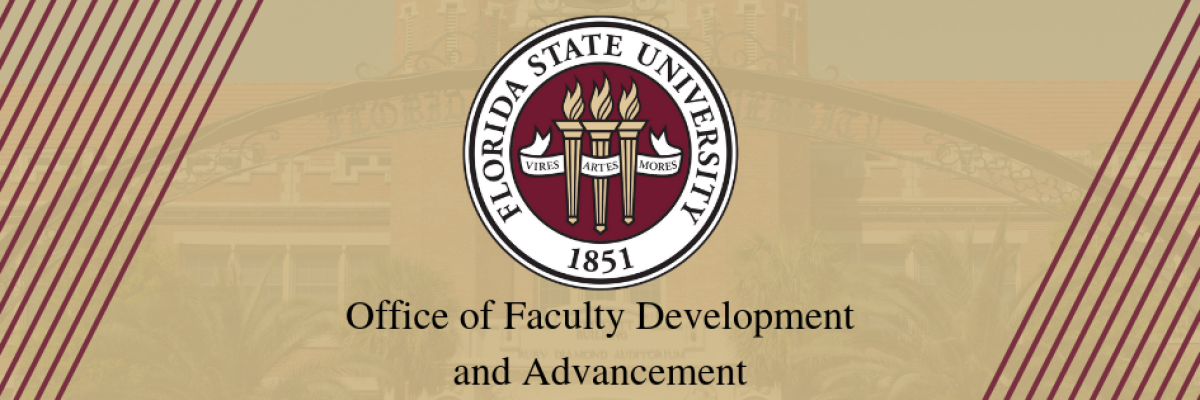New Faculty Groups for Spring

This message has been approved by Dr. Janet Kistner, Vice President for Faculty Development and Advancement, for distribution to all faculty and staff.
The Office of Faculty Development and Advancement is happy to offer new focused faculty groups for Spring 2022. Each of these groups requires a semester commitment and a minimum of monthly check-ins. Check-ins may be synchronous, asynchronous, or both, as the group decides. Tools available include Zoom, TEAMS, and SLACK. Meetings begin in February. Peggy Wright-Cleveland will provide meeting reminders and general encouragement for check-ins, as well as materials and programming when requested. Click on one of the links below to register to begin new accountability in February.
SPRINTS are faculty groups aimed at supporting very specific, short-term goals. If you need to jump-start or finish a project, these are the groups for you. The group will meet M - F for two weeks 6:30 a.m. - 9:30 a.m. in a hybrid setting. Scholars must commit to a minimum of two hours each day. Click here to register.
The First Generation Scholars group will provide writing accountability and academic career support specific to challenges faced by first generation scholars. Members will decide meeting frequency and format. Members must commit to meeting February - May and to providing support for scholarship, teaching, and career development. Click here to register.
The Women Faculty group will provide writing accountability and academic career support specific to challenges faced by women in the academy. Scholars from all disciplines are welcome. Members will decide meeting frequency and format. Members must commit to meeting February - May and to providing support for scholarship, teaching, career development, and work/life balance. Click here to register.
The Writer's Exchange requires faculty to read and comment on others' drafts. Faculty need not be in similar fields to participate; successfully writing to an educated but general audience is valuable in nearly every field. Additionally, faculty can be directed to provide specific feedback on more technical writing. For example, a humanist may provide feedback to a scientist on the clarity of an abstract or identify phrasing that is structurally unclear. Peggy Wright-Cleveland will provide instruction for writing exchanges at a Zoom meeting in February. Exchanges will be asynchronous and virtual. Click here to register.
